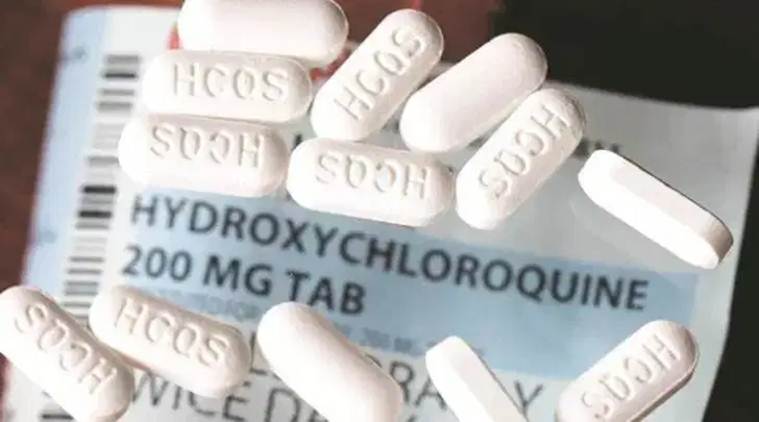 As a part of the exercise, to help improve handling of the pandemic, the 500 cases reported till May first week in Kerala were studied. Of the 500, three died, while 95.8% had only mild symptoms. (File)
As a part of the exercise, to help improve handling of the pandemic, the 500 cases reported till May first week in Kerala were studied. Of the 500, three died, while 95.8% had only mild symptoms. (File)
THE FIRST ever clinical management study of Covid-19 patients in Kerala, by the state medical board, has reported that the administration of hydroxychloroquine and azithromycin in early stages improved both their chances of getting better and the time taken for it.
As a part of the exercise, to help improve handling of the pandemic, the 500 cases reported till May first week in Kerala were studied. Of the 500, three died, while 95.8% had only mild symptoms. Around 18 per cent had co-morbidities, including 9.2% with diabetes mellitus and 9% with hypertension.
The study found that the mean age of patients in Kerala was 34, while the figure for all-India was 37 and Italy 63. Also, Kerala had a far less proportion of patients with moderate to severe symptoms.
“This partly explains the lower case fatality rate in Kerala. Even among high-risk groups… Covid-19 is not progressing to severe-critical disease when compared to China and Italy. This is probably due to very early admission of confirmed cases of Covid-19 in Kerala. The mean number of days from symptom onset to nasopharyngeal swab collection (for RT-PCR test) and hospitalisation in Kerala is only 1.7 days and 3 days respectively. The early administration of HCQ+Azithromycin to these high risk groups may be a factor preventing progression from mild to moderate-severe disease in the critically ill,” says the study.
The study found that the mean duration of hospital stay in patients who received HCQ+ azithromycin was 13.51 days, compared to 14.45 days for those who did not receive the two drugs. The coronavirus also showed up in RT-PCR tests in the first category of patients for lesser time (12.47 days) compared to the second (14.33 days). This observation was statistically significant, said the study.